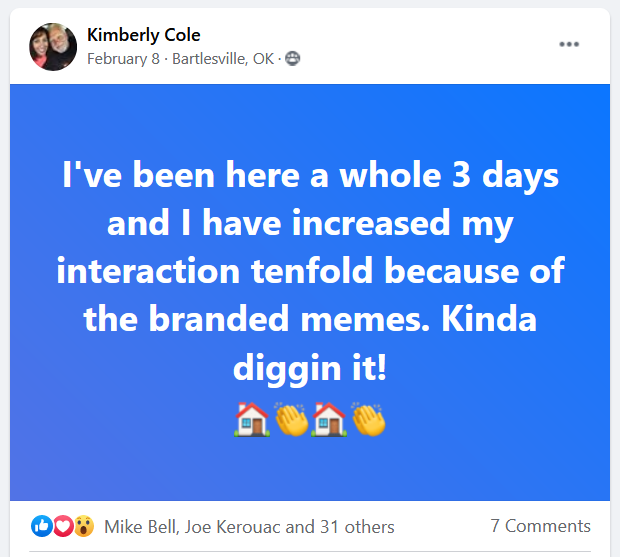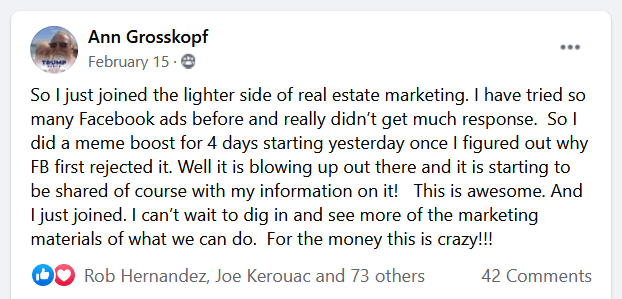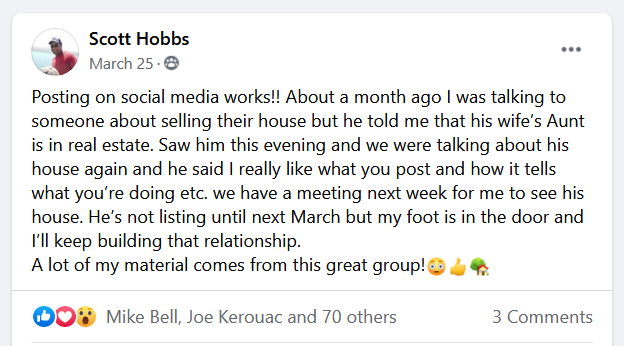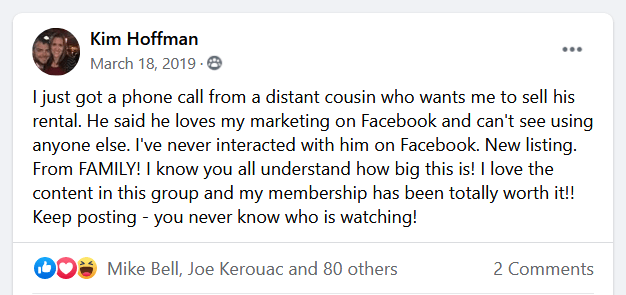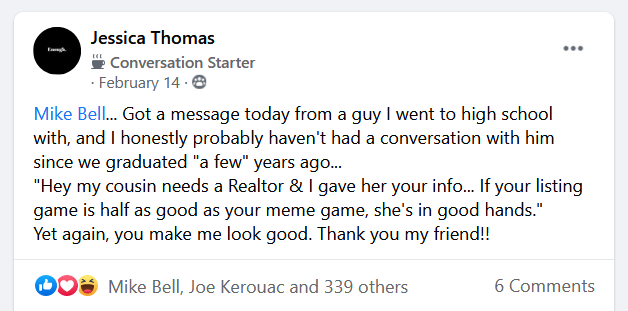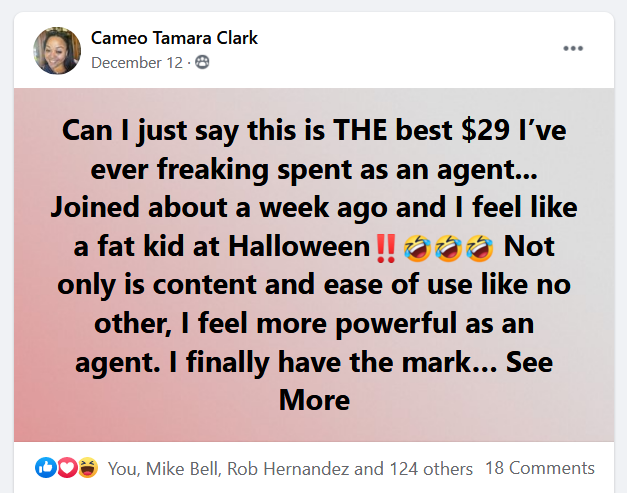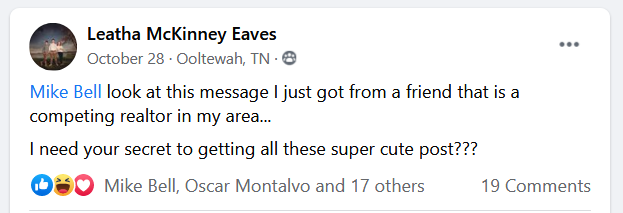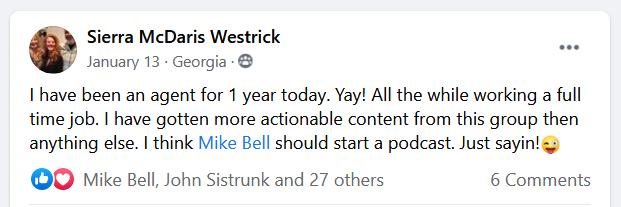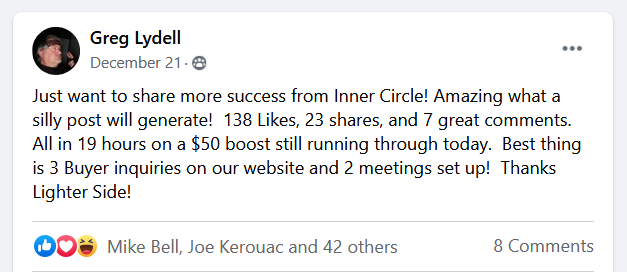
Creating Your Own How-to Guides Might Just Help You Avoid Lawsuits as a Real Estate Agent
Most real estate agents were shocked enough when they heard that The National Association of Realtors and two brokerage firms were liable for $1.8 billion



Before the early 2000’s, you may have had a general idea about how much your house was worth at any given moment. But to get an accurate sense of it, you would’ve needed to ask a real estate professional to do some research, analyze it, and then give you their opinion.
However, even though most agents would provide it as a free service, it was still more effort than most people wanted to go through. Most people didn’t bother because it felt like too much effort, or they worried about wasting an agent’s time and being pestered with endless follow-up calls to list their home for sale. So, most homeowners relied on their gut, and the value of their home was just something they didn’t think much about on a regular basis unless they had a good reason.
That all changed in 2006 when Zillow introduced the Zestimate. Suddenly, anyone could get an instant valuation of their home with just a click. The Zestimate became an obsession for some—a real estate stock ticker tracking the “value” of their home. (Along with the homes of their neighbors, friends, enemies, coworkers, or even someone they just met at a party!)
If that sounds all too familiar to you, you may want to go back to the old way of doing things and rely more heavily on agents’ advice. Because according to this recent Business Insider article, Zestimates are screwing up the homebuying process…
You know who doesn’t love Zestimates? Real estate agents.
And it’s not because they see it as a threat to their existence. Agents have been fighting the good fight for many years, trying to caution people about putting too much stock in what it says the value of their house is.
It’s because they’re quite often inaccurate. And agents have to deal with the fallout of misinformed homeowners when they present them with a researched (and realistic) valuation of their home.
Imagine spending hours researching and providing a carefully analyzed, realistic home valuation, only to have it dismissed because it doesn’t match the Zestimate. Agents are left in the awkward position of being the bearer of bad news, trying to explain that an algorithm doesn’t know the market as intimately as someone who lives and breathes it every day.
It gets worse when clients assume agents are undervaluing their home to make a quick sale or question their expertise altogether. That misplaced trust in a Zestimate can damage an agent’s credibility, sometimes driving clients to work with someone else who just agrees with the algorithm.
At one point, Zillow got into the business of buying and flipping homes, but it didn’t end well. Their algorithm, which should have made it difficult for them to fail, couldn’t accurately predict the value of houses. The result? Zillow had to pull the plug on its home-buying program, lay off a quarter of its workforce, and watch its company valuation drop by billions.
Even Zillow acknowledges the limits of its Zestimate. Their website lists disclaimers about accuracy, but many people likely skip over them. According to their website, the nationwide average margin of error is 2.4% for homes on the market and a much larger 7.49% for off-market homes. For a $500,000 home, that 7.49% translates to nearly $40,000—a big difference.
One reason Zestimates are more accurate for on-market homes is that they pull in detailed information provided by real estate agents. Agents have typically helped sellers price their homes accurately from the start, which improves the algorithm’s estimate.
But for off-market homes, it’s a different story. Zillow’s data shows that its Zestimates are within 20% of the actual sales price most of the time. So for a $500,000 home, that’s a range between $400,000 and $600,000. A $100,000 swing is hardly the pinpoint precision homeowners think they’re getting.
To be fair, they aren’t the only platform providing this type of info. But they were the first one people became acquainted with, and it’s still one of the most recognized and utilized by consumers. But many real estate websites offer the ability to look up the value of your home using “automated valuation models.”
Regardless of which one you may find yourself using, just keep in mind that they probably aren’t as accurate as you may think, and it might be a good idea to poke around and find out how accurate they actually claim to be.
At the end of the day, a home’s value isn’t determined by an algorithm. It’s determined by what a buyer is willing to pay. To get the clearest picture of what your home might sell for in today’s market, you need more than data. You need context.
A real estate professional brings more than just market knowledge. They bring experience, insight, and an eye for details that no algorithm can match. They’ve toured countless homes and can draw nuanced comparisons based on factors like location, condition, and current buyer demand.
So, if you’re curious about your home’s value, don’t hesitate to ask an agent for their opinion. Most would be happy to provide a market analysis, no strings attached. After all, they’d much rather you trust their expertise than rely on an algorithm that could steer you wrong.
The Takeaway:
Zestimates can be a fun starting point for estimating your home’s value, but they’re no substitute for the expertise of a real estate professional. Algorithms may crunch numbers, but they can’t account for the nuances of the market. Before you make decisions based on an automated valuation, reach out to an agent or appraiser for a more accurate and informed perspective. Your net worth deserves better than guesswork.

(Shh, our secret)
Show your sphere your an expert. We have over 2100 articles covering every real estate topic your audience will love.
Position yourself as a real estate authority!
Real estate + topical events — the perfect match!
Become the bearer of good vibes!
Because hey, everyone loves to laugh!



Get our weekly email that makes communicating with your sphere on social actually enjoyable. Stay informed and entertained, for free.

Most real estate agents were shocked enough when they heard that The National Association of Realtors and two brokerage firms were liable for $1.8 billion

There are tons of ways and places to market yourself as a real estate agent, but email marketing has to be one of the best

Via Big Stock Photo “Home is a shelter from storms—all sorts of storms.” — Political pundit William J. Bennett As I stand at what is probably

The other day, I stumbled across a video being hyped as the sickest snowboard clip ever captured. I have zero interest in snowboarding, but the

Oh, how being a real estate agent has changed over the years. It used to be that if you wanted to learn something, get another
Depending on your situation, it may not take the full 30 minutes.

This reset password link has expired. Check the latest email sent to you.
